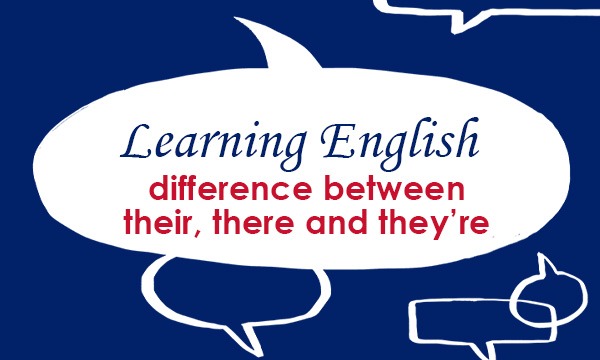Last time we looked at how we could ask people for information.
This article will look at how you can make suggestions and express some opinions.
One easy way of making suggestions to your friends and people at work is to use We could ….
We could ask Paul to join us.
We could meet another time.
We could meet at the Café de la Poste.
If you are keen to do something with your friends or people you work with, use Let’s … .
Let’s stay a bit longer.
Let’s invite lots of people.
Let’s go to a restaurant later.
If you want to make a suggestion and see if other people agree with you, use Shall we … ?
Shall we see what Georgi wants to do?
Shall we order a pizza?
Shall we ask Suri if she wants to come with us?
If you have an idea about something you could do, use How about … ?
How about going swimming?
How about asking for some time off work?
How about sending him a text?
How about + -ing
You can see that the verb that comes after How about … ? must be in the -ing form.
Expressing opinions
When talking to people in a social or work situation, you may want to express your opinion of something. Use I think … .
I think Sonia’s right.
I really think it’s too late to go to the cinema.
I think it’s a great idea.
If you do not think something is true, use I don’t think ….
I don’t think Marc’s coming.
I don’t think we should stay much longer.
I don’t think the restaurant is open on Mondays.
If you want to ask other people if they think something is good or bad, use What do you think of … ?
What do you think of his latest movie?
What do you think of this idea?
What do you think of Mira’s new boyfriend?
To ask someone if they think something is a good idea, use What do you think about … ?
What do you think about going out for dinner tonight?
What do you think about inviting Eva?
What do you think about having a party at the weekend?
To agree with someone’s opinion, use I agree. or You’re right.. If you want to say who you agree with, use with.
‘This is a great restaurant.’ ‘I agree. We often come here.’
I agree with Nigel.
I completely agree with you!
‘We’ll be late if we don’t hurry.’ ‘You’re right – let’s go!’
I think you’re right.
Matthieu’s right.
If you do not agree with someone, you can use I don’t think so.
‘The food here’s lovely, isn’t it?’ ‘I don’t think so. My soup isn’t very nice.’
‘Pierre’s really nice, isn’t he?’ ‘ I don’t think so. He never speaks to me.’
‘‘Travelling by train is really relaxing.’ ‘I don’t think so. I prefer to fly.’
Now that you know how to make suggestions or express some opinions, come back next time where we’ll talk about how you can tell people your plans or how you can make arrangements.



